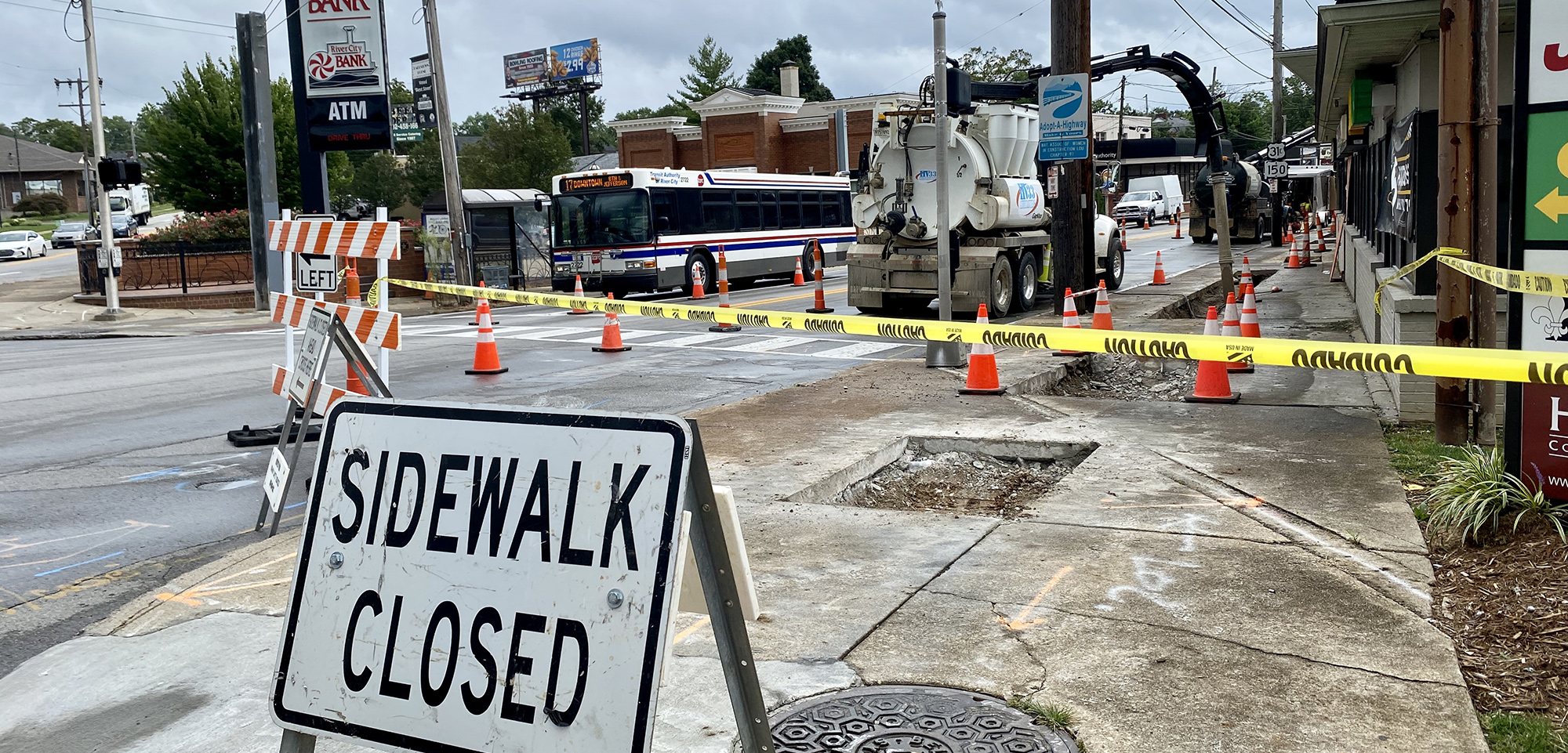
Hydro Excavation Safety
Hydro excavation is a technique used to dig or excavate soil using high-pressure water and a vacuum system. This method is safer and more precise than traditional digging methods, but it still comes with risks that must be addressed. At Vac2Go, we prioritize safety, so we’ve compiled a list of hydro excavation safety tips and procedures to keep you and your team safe on the job.
1. Wear the Right Personal Protective Equipment (PPE)
Hydro excavation can be a messy job, so it’s essential to wear the right PPE to protect yourself from flying debris, water, and mud. The following PPE is recommended for hydro excavation jobs:
- Hard hat
- Eye protection
- Waterproof steel-toed boots
- Waterproof gloves
- Waterproof long-sleeve clothing
- Face masks
2. Mark Utility Lines
Before beginning any excavation, you should always mark utility lines to prevent accidents. Use color-coded markings for each type of utility line, and make sure to follow local regulations and guidelines.
3. Conduct a Site Assessment
Before starting the excavation, conduct a site assessment to identify potential hazards, such as underground pipelines, electrical lines, or gas lines. Also, check the weather conditions and avoid working during heavy rain or snow.
4. Keep a Safe Distance
Keep a safe distance from the excavation site. The high-pressure water can cause soil, debris, and rocks to fly up to 45 feet, so it’s crucial to keep bystanders, other workers, and equipment at a safe distance.
5. Secure Equipment
Secure all equipment before starting the excavation. Hydro excavation Hydro excavation equipment is powerful, and if it’s not secured correctly, it can become a hazard to workers and bystanders.
6. Properly Ground the Equipment
Make sure to ground the hydro excavation equipment properly to prevent electrical shocks. The equipment should be grounded to a dedicated ground rod or a grounding electrode system.
7. Use Correct Pressure and Flow Rates
It’s crucial to use the correct pressure and flow rates when operating the hydro excavation equipment. Higher pressure and flow rates can cause damage to underground utilities and pose a risk to workers and bystanders.
8. Proper Disposal of Materials
Dispose of the excavated materials properly. Mud, water, and debris can be hazardous if they’re not disposed of correctly, so make sure to follow local regulations and guidelines.
9. Training and Certification
Make sure all workers operating the hydro excavation equipment are properly trained and certified. Hydro excavation is a specialized skill that requires proper training and certification. Did you know Vac2Go offers comprehensive training to ensure you and your team know how to utilize your rental equipment in a safe and efficient manner? Contact us to schedule a training session for your team!
At Vac2Go, we prioritize safety and provide our customers with high-quality hydro excavation equipment and training to ensure a safe and successful excavation. If you have any questions about hydro excavation or need help with your next excavation project, don’t hesitate to contact us.

